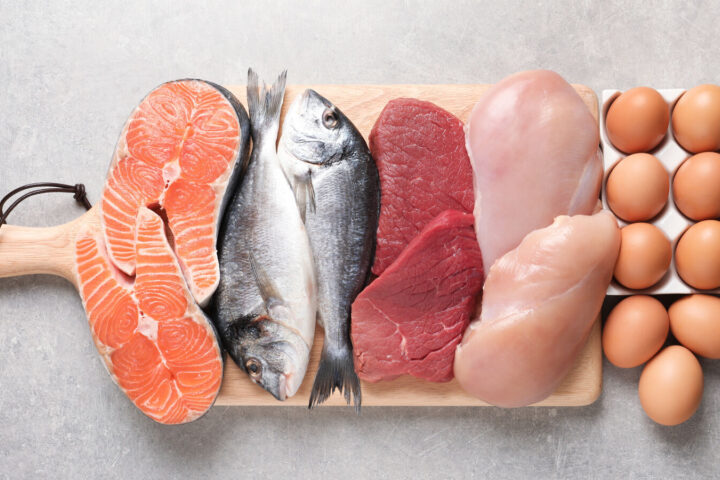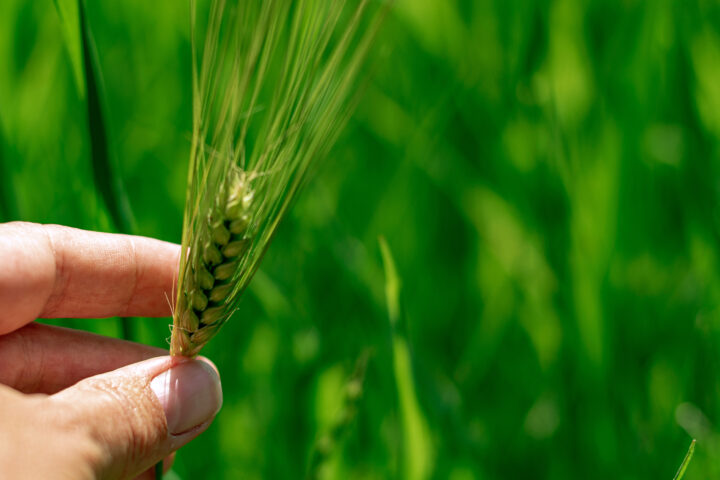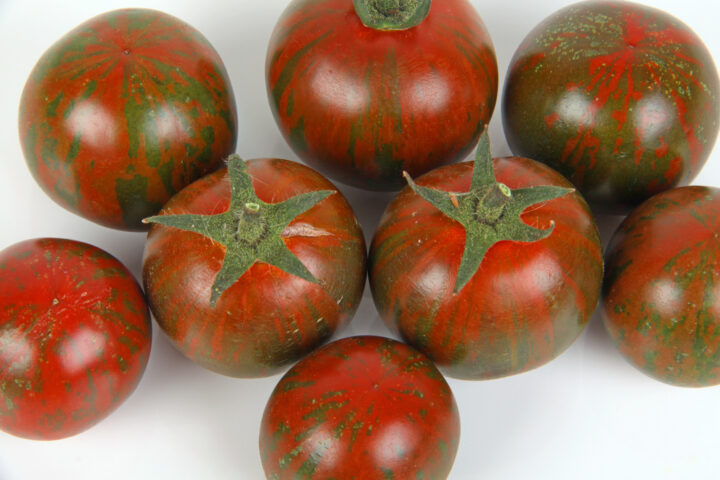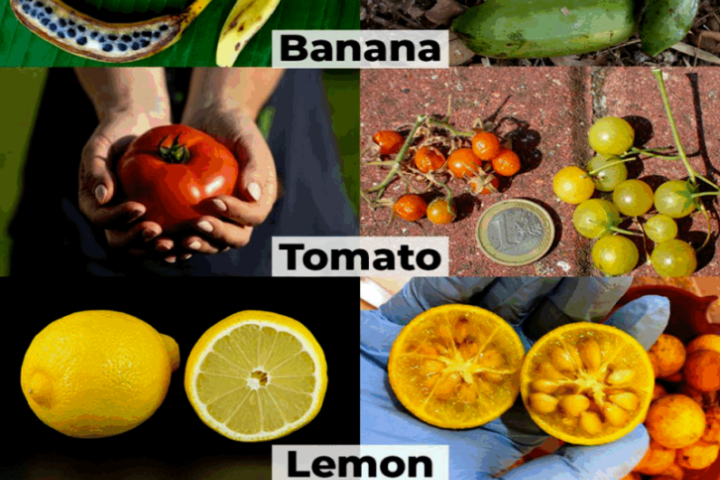
EU approves insects as a food ingredient
At the end of January 2023, the EU approved two new insect species as novel foods. For example, house crickets and lesser mealworms in specific forms may now be marketed as a food ingredient in a number of food products. Certain insects are also approved for use in food processing in Switzerland and have long been considered an environmentally friendly source of protein.
Wednesday, February 22, 2023
As reported by the Infosperber portal, flour and paste forms of the insects can now be used as a food ingredient in bread, rolls, cookies, baking mixes, muesli, pizza, pasta, sauces, and chocolate, or as an additive in other foods. However, the use of insects as food ingredients is nothing new. Specially farmed insects have been used as an ingredient in various foods for many years. Shellac, a secretion of lac insects, is used, for example, for the shiny coating on M&Ms and chocolate drops. In the EU, a total of seven insects are authorized for use in food processing. In principle, the same rules apply in Switzerland as in the EU, provided that they do not contradict Swiss law.
Which insects have been newly approved in the EU since 2023?
- The lesser mealworm – this is the name of the larvae of the litter beetle (Alphitobius diaperinus) – in dried, powdered, frozen or paste form
- House cricket (Acheta domesticus) in defatted powder form
Which insects have been authorized for some time?
- Frozen, paste, dried and powder forms of house cricket in certain foods (since February 2022)
- Migratory locust (Locusta migratoria, since November 2021)
- Mealworm (Tenebrio molito, since June 2021)
- Dyes from cochineal (carmine)
- Secretion of lac insects (shellac)
Source: infosperber.ch
Food of the future?
Farmed insects have long been considered a super food. Rich in protein, there has been much discussion of their use as a substitute for conventional meat products. Containing essential omega-3 and omega-6 fatty acids, they are rich in minerals and trace elements. Insect farming is also considered more climate and environmentally friendly than livestock farming as it requires less water and land and emits fewer greenhouse gases.
Also approved in Switzerland
Insects are also authorized for use as a food ingredient in Switzerland. Mealworms, house crickets and migratory locusts, for example, have been approved for use in certain foods since 2017. However, as Swiss radio and television magazine Espresso reports, the proportion of insect flour in Swiss food must not exceed 5%.
In addition, if a food contains insects, this must be clearly stated on the packaging. To date, edible insects have received a frosty reception from Swiss consumers. At the end of 2021, Migros retired dried mealworms, crickets and grasshoppers from sale after about three years due to insufficient demand. It remains to be seen whether consumers will accept insect flour and paste in food in the long term.
Sources
SRF Espresso, February 8, 2023
Kindly note:
We, a non-native editorial team value clear and faultless communication. At times we have to prioritize speed over perfection, utilizing tools, that are still learning.
We are deepL sorry for any observed stylistic or spelling errors.
Related articles

Sales bans due to PFAS: Should we be worried?
After spectacular sales bans on fish and meat due to PFAS contamination, consumers are asking themselves: How dangerous are these substances really – and what can still be placed in the shopping basket without concern?

How German Experts View New Breeding Techniques
In hardly any other country is the idyllic image of organic farming cultivated in the public sphere as carefully as in Germany. Naturalness and rural authenticity are powerful mental refuges for many Germans. Against this backdrop, it is hardly surprising that resistance to new breeding techniques is strong – and that ignorance about the realities of organic farming sometimes appears almost deliberate.

Why consumers accept gene-edited foods on their plates
Acceptance of gene-edited foods increases when the tangible benefits for consumers are easy to understand. A recent study by the Center for Food Integrity (CFI), conducted in collaboration with FMI – The Food Industry Association, shows that consumers evaluate technologies such as genome editing positively when they recognize clear advantages for health, the environment, or food security.

Beautiful and delicious mutants on your plate: The misunderstood world of crop improvement
When most of us hear the word mutation, the images that come to mind are not positive. We think of radioactive monsters, comic book villains, or genetic diseases like sickle-cell anemia. In popular culture, “mutants” are often synonymous with danger. Possibly the most famous are Marvel’s X-Men, who have enjoyed four big-screen incarnations and an enduring place among sci-fi movie aficionados.

